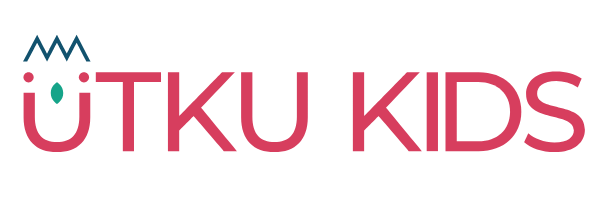In the enchanting world of shared stories, reading aloud with children emerges as a powerful catalyst for growth and connection. Beyond the words on the page, this simple act holds transformative benefits for young minds—nurturing language development, fostering familial bonds, and sowing the seeds for a lifelong love of reading. Join us as we explore the delightful advantages that unfold when the spoken word becomes a gateway to imagination and shared joy with tips and strategies.
Reading Aloud Together:
Almost any book can be read aloud at any time or place. Here are a few things to start with:
- Make a commitment to read aloud at least once a day. It’s important to establish a routine.
- Select a time to read aloud. It can be anytime—morning, after school, bedtime—but try to make it the same time every day.
- Choose a favorite place to read aloud. It can be a bedroom, a living room, or any place you can read together comfortably.
- Remember to have fun! The more fun kids have reading aloud, the more they will love books and want to read them.
Reading to young children:
Children benefit from hearing you read aloud even before they understand what words are. They can pick up basic language and reading skills in their first year, such holding a book and realizing that you're reading words, not pictures.
Ways to help your children:
- Read slowly, with expression. Try using different voices for different characters.
- Follow the words with your finger as you read. Your child will see that words are read from the left to the right of the page.
- Point to the pictures and say the names of objects and colors.
- Have your child help turn the pages.
- Ask your child to describe pictures, repeat phrases used in the story, and predict what will happen next.
- Take time to answer her questions.
- Read a variety of books. Continue reading old favorites, but don’t be afraid to try new stories.
Reading aloud with emergent readers:
Continue reading aloud to youngsters even after they’re reading on their own. As much as you can, encourage your youngster to read aloud. Listen attentively and offer positive feedback as he improves. How to read aloud with your young reader:
- Take turns reading paragraphs or entire pages.
- Help your child with words she has trouble reading. Ask her what word would make sense in the story, or supply the correct word so she can move on and read the rest of the sentence.
- Be encouraging. Tell your child he is doing a good job.
- Talk about the book as you read together. Ask questions that allow your child to express ideas and opinions.
In essence, reading aloud is a holistic and enjoyable approach that combines language development, cognitive stimulation, emotional connection, and the cultivation of a positive attitude toward reading. It lays the groundwork for children to discover the joy, wonder, and endless possibilities that books have to offer.

